Past Contests
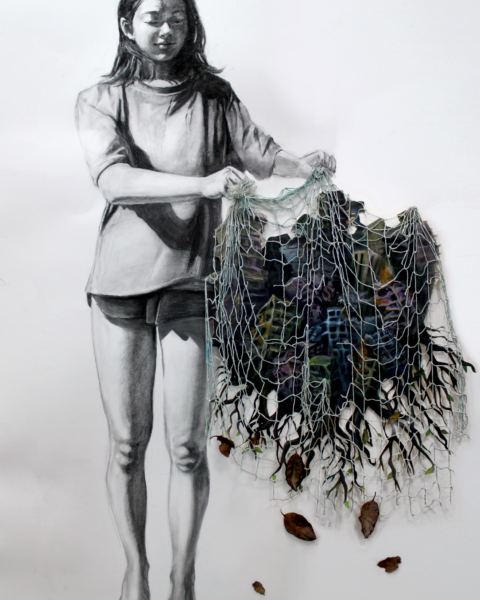
2024
Tell Your Climate Story
We all experience climate change differently depending on where we live. As global temperatures rise, our weather patterns change, causing heat waves, drought, flooding, hurricanes, and more. While Kenya endured a fifth year of drought, Pakistan experienced unprecedented floods. Wildfires in Canada and the US have become a regular summer occurrence, but for islands in the Pacific, like Kiribati, sea level rise threatens their land and freshwater resources. Perhaps you did not get any snow days last year due to an uncharacteristically warm winter, or you couldn’t go to the beach due to harmful algal blooms. Maybe your favorite animal is at risk of losing its habitat, or your favorite foods are becoming harder to find at the grocery store. These are all symptoms of climate change. Tell Your Climate Story challenged students worldwide to become climate witnesses and creatively express their personal experiences, insights, and perceptions about our changing climate reality.
View 2024 Winners
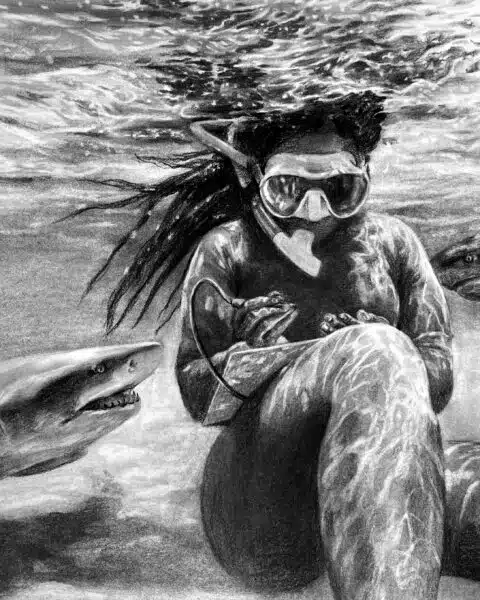
2023
Climate Heroes in Action
The media – whether a newspaper, broadcast, or TikTok – tends to focus on the negative. These stories get clicks and attract interest. Yes, climate change is the greatest threat that our blue planet is facing right now, but it is easy to doomscroll through this bad news and miss optimistic stories. There are reasons to feel hope for the future. Scientists, activists, artists, and educators are creating radical and innovative solutions in response to these environmental threats. Their work is far-reaching and impactful but is often not covered in the mainstream news. It’s easier to see a positive path forward when we understand the steps that people are already taking to get us there. Climate Heroes in Action encouraged students to uplift a trailblazer who is making strides to fight climate change.
View 2023 Winners View 2023 Yearbook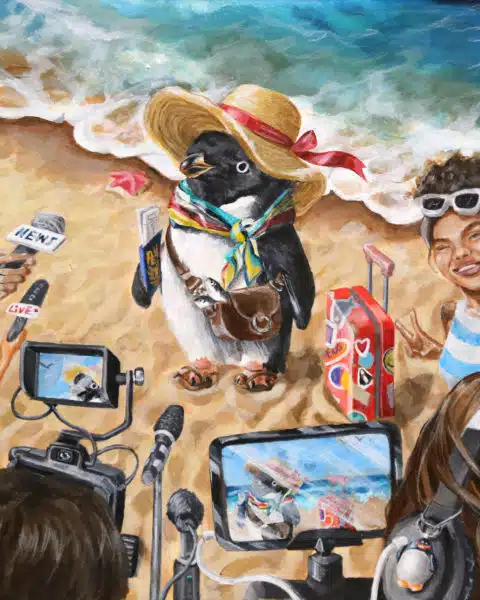
2022
The Funny Thing About Climate Change
We are inundated with the scary realities of climate change, which can make us feel helpless, hopeless, and overwhelmed. Approaching climate change from a fresh perspective can help alleviate climate anxiety and build resilience. How can we use unfamiliar and unexpected approaches, to discuss something as serious as climate change without minimizing or undermining it? Humor, satire, and irony are powerful communication tools. Yes, even for an issue as serious as climate change. Studies have shown that humor can break down barriers, empower people, and instill hope. In other words, humor is disarming and provides a safe way for people to approach and understand divisive topics like climate change. Humor and satire capture attention… they are effective ways to make sure your message is heard. The Funny Thing About Climate Change challenged students to use humor, positivity, irony, or other unconventional approaches that are not typically used in environmental communication to address the climate crisis.
View 2022 Winners
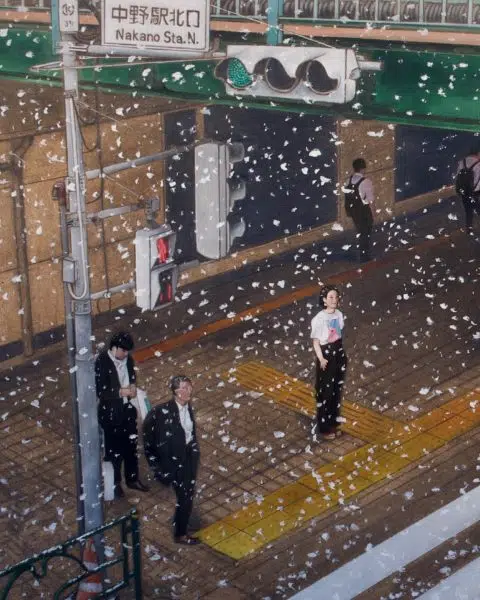
2021
Water Rising
The ocean regulates global climate, produces more than half of the oxygen we breathe, and holds nearly 97% of Earth’s water. Global ocean systems largely influence life on land, even hundreds of miles from a coastline. Salt, fresh, warm, or cold, all water is connected through the water cycle. Like our human bodies, 70% of Earth is water, and this water is continuously in motion: it rises from the ocean, creates clouds in the sky, and returns to land as rain or snow. This precipitation soaks into the ground; collects in freshwater streams and lakes; is taken up by trees and plants; and sustains every living being it encounters on its journey—bacteria, fish, insects, birds, mammals, and of course, humans. All life needs water, and where there is water, there is life. Water Rising challenged students to explore and understand their connection to water, and to creatively communicate the need to protect this vital resource and life-sustaining relationship.
View 2021 Winners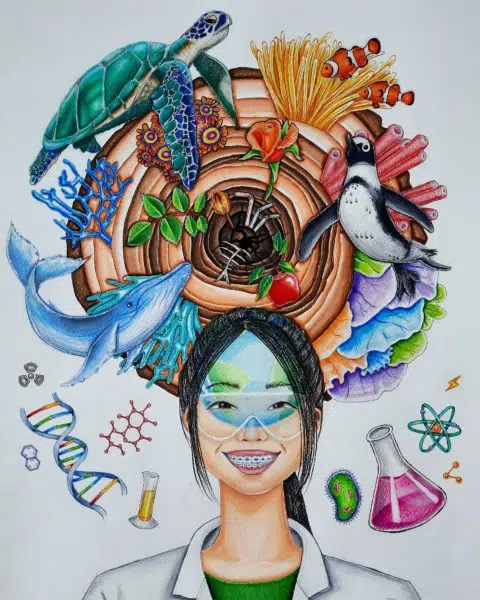
2020
Climate Hope: Transforming Crisis
Oceans play a central role in regulating Earth’s climate and act as a buffer that protects us from human-caused global warming; but oceans are feeling the heat. Climate change—primarily caused by the burning of fossil fuels such as coal, oil, and gas—is changing water temperature and chemistry, altering marine habitats, and threatening marine life. The good news is, there is much cause for hope: individuals, communities and cities, organizations and movements (largely youth-led!) around the globe are already working to slow the climate crisis and drive the transition away from destructive, polluting, and unjust practices to systems that respect, value, and protect the diversity of life on Earth. Climate Hope: Transforming Crisis invited students to learn about the climate crisis and its impact on oceans; discover or imagine solutions at local, national, or global scales; and create work that explores hope in action.
View 2020 Winners
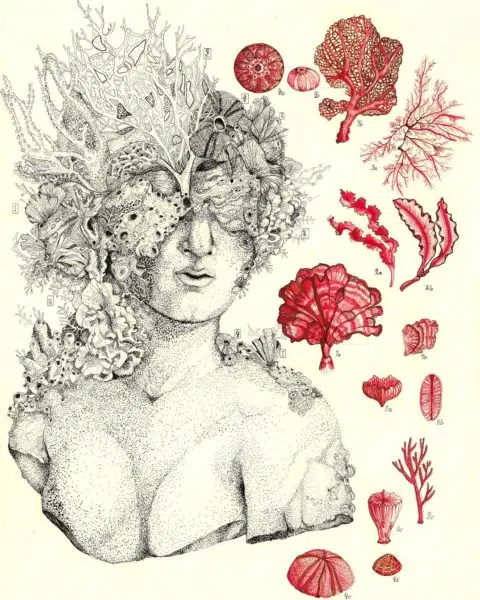
2019
Presence of Future
Climate change requires that we think about the past, present, and future simultaneously. Because of earlier human actions, our ocean is facing real and imminent threats today; our every action—or inaction—now impacts the future of our communities and our blue planet. The effects of climate change are not something that will happen to faraway generations—it is happening now; it is happening to us. What do we stand to lose? What can we gain from learning from our past and taking steps now to create a sustainable and just future? Create a piece about a coastal/marine species, place, or system that will be threatened, altered, or lost due to climate change.
View 2019 Winners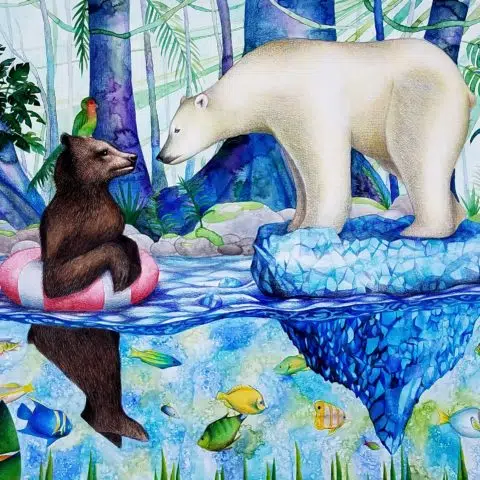
2018
Our Oceans in a Changing Climate
Our health is tied to ocean health, whether we live on the coast or 500 miles inland. Human systems – social, economic, political, and cultural – are interdependent on the ocean; however, human-caused global warming is already producing substantial changes to our coastal and marine ecosystems and the communities that depend on them. Your work should explore the relationship between human systems, climate change, and our oceans. We challenge you to create a piece that not only presents issues and challenges, but also communicates a message that inspires others to act.
View 2018 Winners
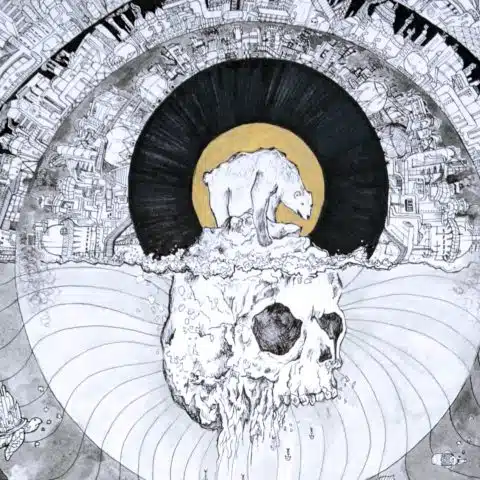
2017
Ocean Pollution: Challenges & Solutions
You may choose to focus your work on one type of pollution, or the impact of ocean pollution as a whole. Whichever way you choose, we want your submission – visual art, poetry, prose, or film – to make viewers reflect on the impact of ocean pollution, inspire them to consider possible solutions, and challenge them to take action.
View 2017 Winners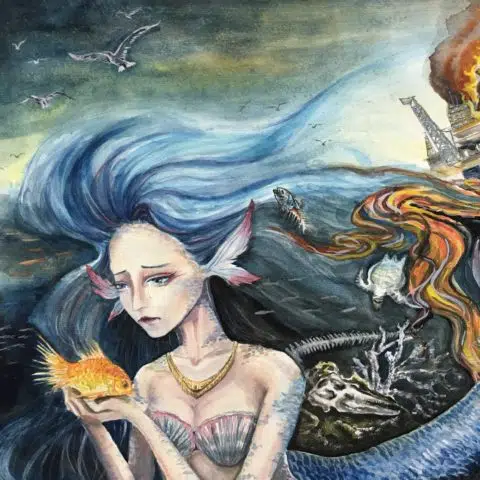
2016
Making Meaning out of Ocean Pollution
Research, explore, interpret, and say something meaningful about the connections between human activities and the health of our oceans through art, poetry, prose, or film.
View 2016 Winners

2015
Our Oceans, Our Plastic
Submit a work of art, a poem, a written work, or a film about plastic pollution in the ocean. Look for connections between science, creativity, environmental advocacy, and your personal interpretation of the theme.
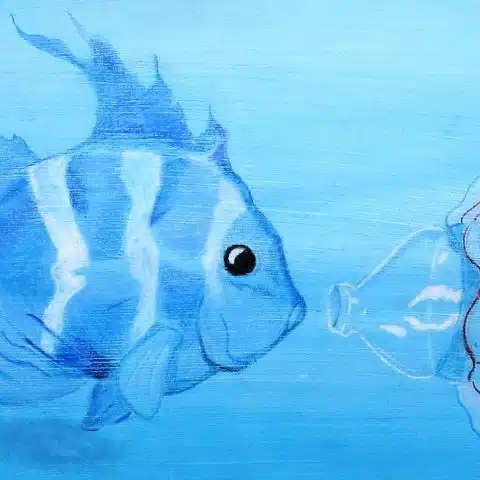
2014
Ocean Plastic Pollution
Why is there so much plastic in our oceans? Where does it come from? How does it affect ocean animals and ecosystems? Is this a problem worthy of international attention? Are there alternatives to plastic that could help alleviate the ongoing problem of ocean pollution? How does our “throwaway culture” impact the amount of plastic in our oceans? You may work alone or in a group, and submissions can take one of the three following forms: art, essay, or advocacy (film).

2013
Ocean Awareness Essay Contest
Question 1
The North Atlantic Right Whale is one of the most endangered large whales. It is estimated that only 500 North Atlantic Right Whale (aka the Urban Whale) remain. Examine the plight of the Right Whale and discuss what you think the future holds for this species. Finally, do you think it is important to save any one species? Why?
Question 2
Overfishing has historically played a decisive role in the depletion of cod and other groundfish in the Gulf of Maine. Scientists are now also examining the role of forage fish, like herring and alewives, in promoting and maintaining healthy groundfish stocks. How have forage fish impacted groundfish stocks over the years? What efforts are being made to restore forage fish in the Gulf of Maine and what are the trade-offs with these projects?
2012
Ocean Awareness Essay Contest
Question 1
Steven Kress, founder of the Puffin Project, is a pioneer in the field of seabird restoration. Describe what steps and techniques he employed to create the successful return of puffins to Eastern Egg Rock. In your analysis pick one other seabird restoration project from around the world where some of Dr. Kress’s strategies were implemented. Describe the similarities to the Puffin Project.
Question 2
While other fisheries in the Gulf of Maine have either collapsed or been greatly diminished, lobsters have thrived in the region. Colin Woodard in his book The Lobster Coast calls the increased catch the “great lobster mystery.” What are the explanations for the high landings? Elaborate on what you consider are the most important fishing methods that lobstermen/lobsterwomen and regulators have employed along the coast to keep the lobster fishery thriving.
Question 3
Ground fishing has changed dramatically in the Gulf of Maine. Many of the premier fisheries like Cod and Haddock have seen a substantial and dramatic decline; overfishing is thought to be the contributing factor in these decreases. Ted Ames, a fisherman and fisheries researcher has suggested, “we need to fish smarter.” Describe and analyze a few significant examples of how people or communities in the Gulf of Maine have changed their fishing practices to protect and rebuild these fisheries.
